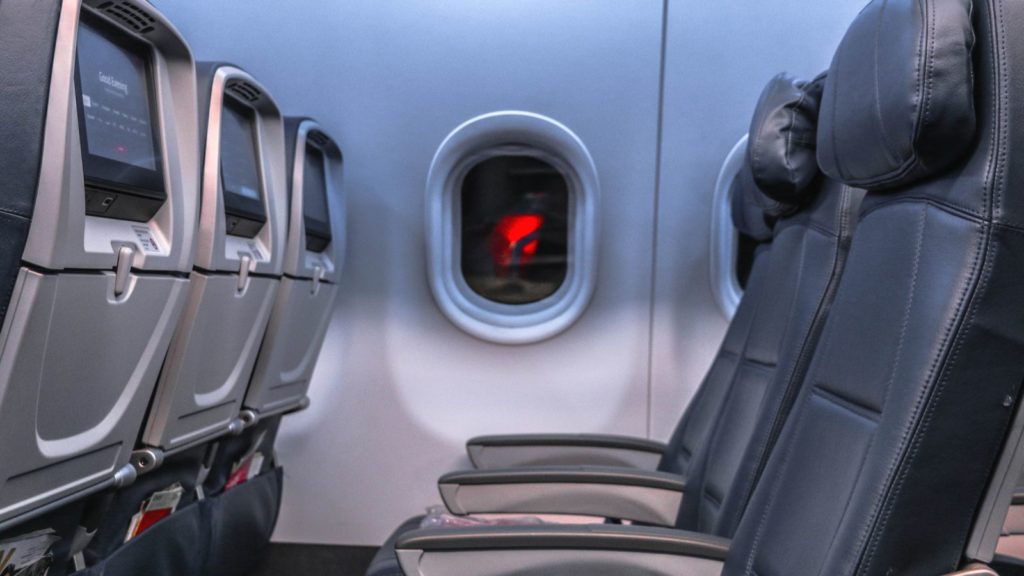Artificial Intelligence is no longer a distant promise or a Silicon Valley experiment. It’s embedded in the now. South Africans are already using generative…
Delta explains to Twitter how airplanes get rid of human farts in flight

Animals fart. That’s just a fact of life. And humans do too. But while passing some gas in the countryside should be one of the most liberating experiences you can have, it’s a little less so in enclosed spaces. You know, like planes.
What happens to the farts humans expel on an airplane? That’s a question American airline Delta was posed on Twitter this week.
It’s an important question too. After all, if 300+ people are crammed into an enclosed space for more than ten hours, what happens to that “human-conditioned” air? Do we all just sit in it?
Delta explained that this isn’t quite the case. And thankfully so.
“These systems [which we get into below -ed] actually gradually allow the air to seep out of the cabin, while bringing fresh air back in,” the company writes in a Twitter reply.
“So, do we have a ‘Fart Filter’… Not really, we just allow the airplane to fart the human farts out of the aircraft…”
Hilarious.
It’s actually a bit more complicated than that though.
In a Quora post published by Steve Bazer — a former military pilot and current servant of a “major US airline” — notes that on many modern airliners, the engines are used to force cool air into the cabin, keeping it pressurised and cool. This system’s called “bleed air”.
As the plane flies — provided the engines are spinning — the air within the cabin is continuously swapped for fresh, compressed air. So in a way, planes do in fact “fart the human farts out”.
For some planes, this isn’t the case.
The American-made Boeing 787 for example uses electrically-powered compressors that are independent of the engines’ air circulation system.
“In the no-bleed architecture, electrically driven compressors provide the cabin pressurization function, with fresh air brought onboard via dedicated cabin air inlets,” the company writes in a paper [pdf].
The more you know, the less you smell, huh?
Feature image: Lucas Klappas via Flickr (CC BY 2.0)


